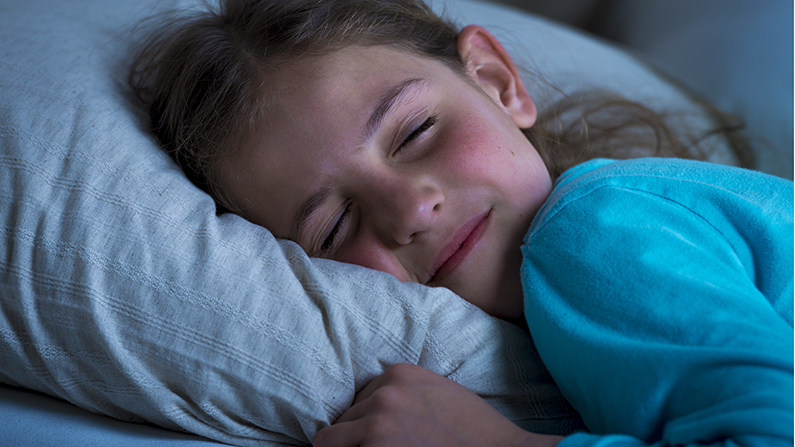Have you noticed your child grinding their teeth during the night? It is possible they may have bruxism, a habit that occurs mainly during sleep and where a child will clench or grind their teeth together.
Tooth grinding can be quite noisy so it is little surprise to learn that it can cause considerable damage to the teeth, gums and jaw joints.
What causes Bruxism in Children?
Grinding teeth during sleep or “nocturnal bruxism” is a sign of an upper airway obstruction and is specifically called Sleep Disordered Breathing (SDB). SDB is a form of Obstructive Sleep Apnoea (OSA) Syndrome, which is a common problem affecting the general health of children. Bruxism can also be due to problems with the way the teeth bite together and it has been linked to psychological and behavioural problems.
Which Symptoms I Should Look out for?
It’s possible your child’s teeth will look worn down as a result of night-time grinding or they may complain they feel more sensitive when they eat hot and cold foods. They are also more likely to bite the inside of their cheeks, and you may notice they have narrower dental arches. Quite often tooth grinding in young children can indicate a need to expand the upper arch as part of Early Intervention Orthodontic treatment.
What Happens If Teeth Grinding Isn’t Treated?
Teeth grinding can significantly wear down teeth, causing a loss of height between the upper and lower jaw. This can put the jaw in the incorrect position, and you may notice your child develops abnormal tongue swallowing or thrusting patterns. Untreated SDB can also cause symptoms other than grinding which include bedwetting, behavioural problems such as ADHD and ADD, daytime sleepiness, and a general failure to thrive. In more advanced cases, untreated SDB may lead to more serious health problems such as cardiac complications and diabetes.
My Child Often Has Ear Infections, Could This Be Related?
Young children can frequently suffer from ear problems, where the inner ear becomes inflamed, and which is a condition called “otitis media”. This can be associated with learning disabilities, hearing loss and secondary nervous system complications. It’s quite common for patients with inner ear dysfunction to have dental disorders; this may be caused by an incorrect dental bite (deep bite, overbite) and is why it’s important to book a dental examination if your child frequently has ear infections. It’s possible for teeth grinding to put pressure on the jaw joints or temporomandibular joints which can lead to these joints becoming inflamed. This in turn can increase the risk of ear infections.
A proper diagnosis of childhood bruxism will enable us to recommend the appropriate treatment, and if necessary we can refer your child to medical specialists to help manage this condition.

